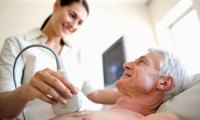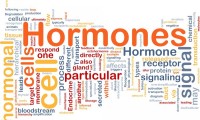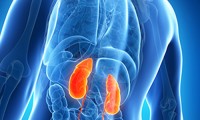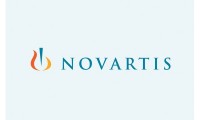-
New IVF technique hailed as the ‘most exciting advance in fertility treatment for 40 years’
- Source: Daily Mail
- 993
- January 15, 2018
-
New AI system for lung cancer and heart disease
- Source: Digital Journal
- 1,262
- January 15, 2018
-
Depression medication initiation may lower oral antidiabetic drug adherence in diabetes
- Source: Healio
- 846
- January 12, 2018
-
Sex hormone-binding globulin associated with androgen deficiency
- Source: healio
- 611
- January 12, 2018
-
Celgene to Acquire Impact Biomedicines, Adding Fedratinib to Its Pipeline of Novel Therapies for Hematologic Malignancies
- Source: finance.yahoo
- 845
- January 12, 2018
-
New AI technology significantly improves human kidney analysis
- Source: Medical Xpress
- 980
- January 12, 2018
-
Novartis advances head-to-head superiority trials of Cosentyx® versus Humira®* and proposed biosimilar adalimumab**
- Source: drugdu
- 961
- January 11, 2018
your submission has already been received.
OK
Subscribe
Please enter a valid Email address!
Submit
The most relevant industry news & insight will be sent to you every two weeks.













